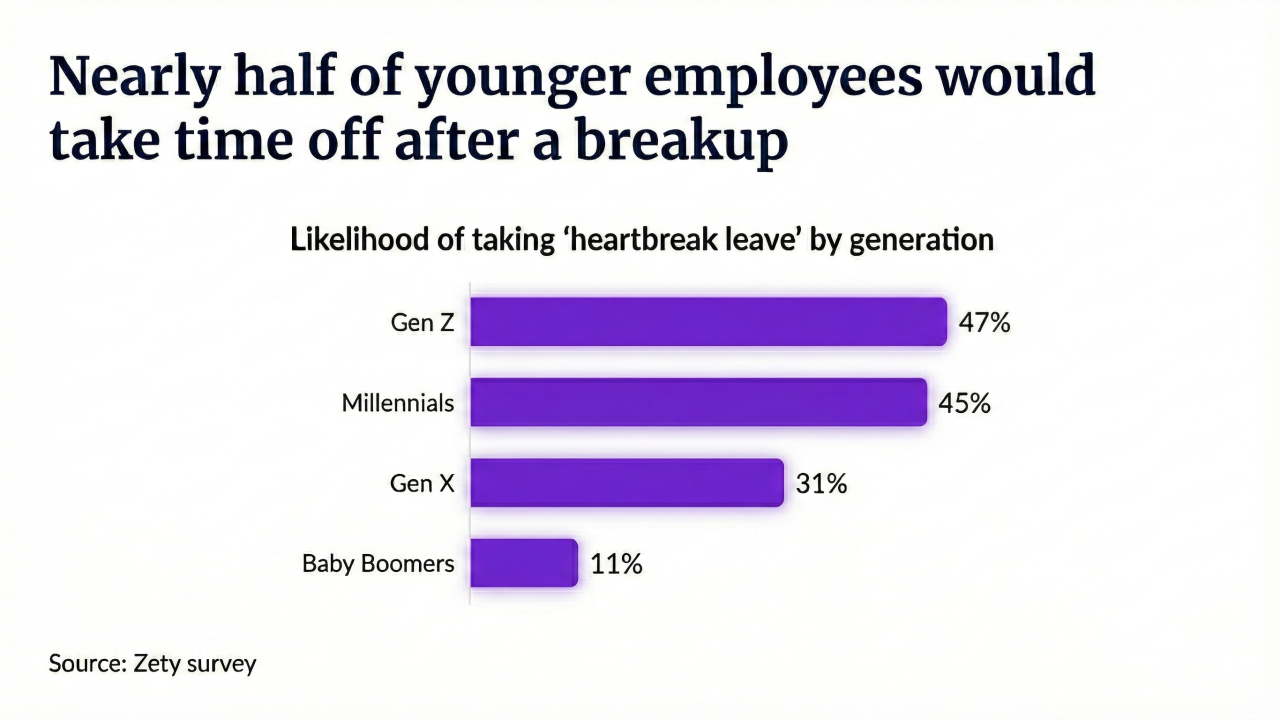Collectively, the American Eagle Outfitters workforce is 1,250 pounds lighter after participating in a year-long wellness program.
The retailer partnered with Omada Health, a digital healthcare program, in March to offer their employees a program designed for people who are at risk for diabetes. Only employees who met specific medical criteria were able to access the program, which includes access to one-on-one coaching from diabetes specialists, and lessons and goal tracking through a digital platform.
“We look for programs to help our associates be better consumers of healthcare, and take charge of their own well-being,” says Anthony Jarusinski, benefits manager of American Eagle Outfitters. “Getting to impact, and help save lives, like this is why I love working with benefits.”
Wei-Li Shao, chief commercial officer of Omada Health, says the company’s program prevents users from contracting Type 2 diabetes by helping them lose weight. About 90% of people with Type 2 diabetes are overweight or obese, according to the American Society for Metabolic and Bariatric Surgery. It’s especially dangerous to have this condition during the pandemic; people with Type 2 diabetes are at increased risk of experiencing serious complications from COVID-19, according to the Centers for Disease Control and Prevention.
“It’s important that employers consider programs that are beneficial in general for their employee population and healthcare costs, but they also need to help keep people healthy in light of what’s going on right now,” Shao says. “We know from talking to our clients that they care.”
Shao agrees that the pandemic created ideal conditions for digital healthcare solutions to take off, but says the most effective solutions allow users to speak to real healthcare professionals.
“We know today that traditional healthcare is inconvenient, but people still want a human touch,” Shao says.
Of the American Eagle employees who were eligible to participate in the program, 83% were enrolled. Seventy percent of those participants lost weight, 30% of which lost more than 5% of their total body weight.
“People assume we work really heavily with a millennial and Gen Z population. They respond well to digital solutions, but we’re a multi-generational workforce,” he says.
American Eagle’s generational demographic is 63% millennials, 3% Gen Z, 27% Gen X and 7% baby boomers. Jarusinski says he encourages employers with an older general population not to dismiss digital solutions.
“I’d tell my peers: Don’t block this out. We saw all of our associates engage with this program, and you could be missing out on a great opportunity to make a difference,” he says.
Jarusinski says his team committed to Omada Health after months of research, which was necessary to find the right fit. His advice to other benefit professionals: look at programs with a proven track record, and those who are partnering with leading healthcare providers. After seeing success with the prevention program, American Eagle plans to roll out Omada Health’s Type 2 diabetes management program at the end of the month.
“Well-being is a very saturated market — it’s overwhelming,” he says. “You really have to do your research and find the program that works for your organization. We were very fortunate to find one that matched our core values.”






